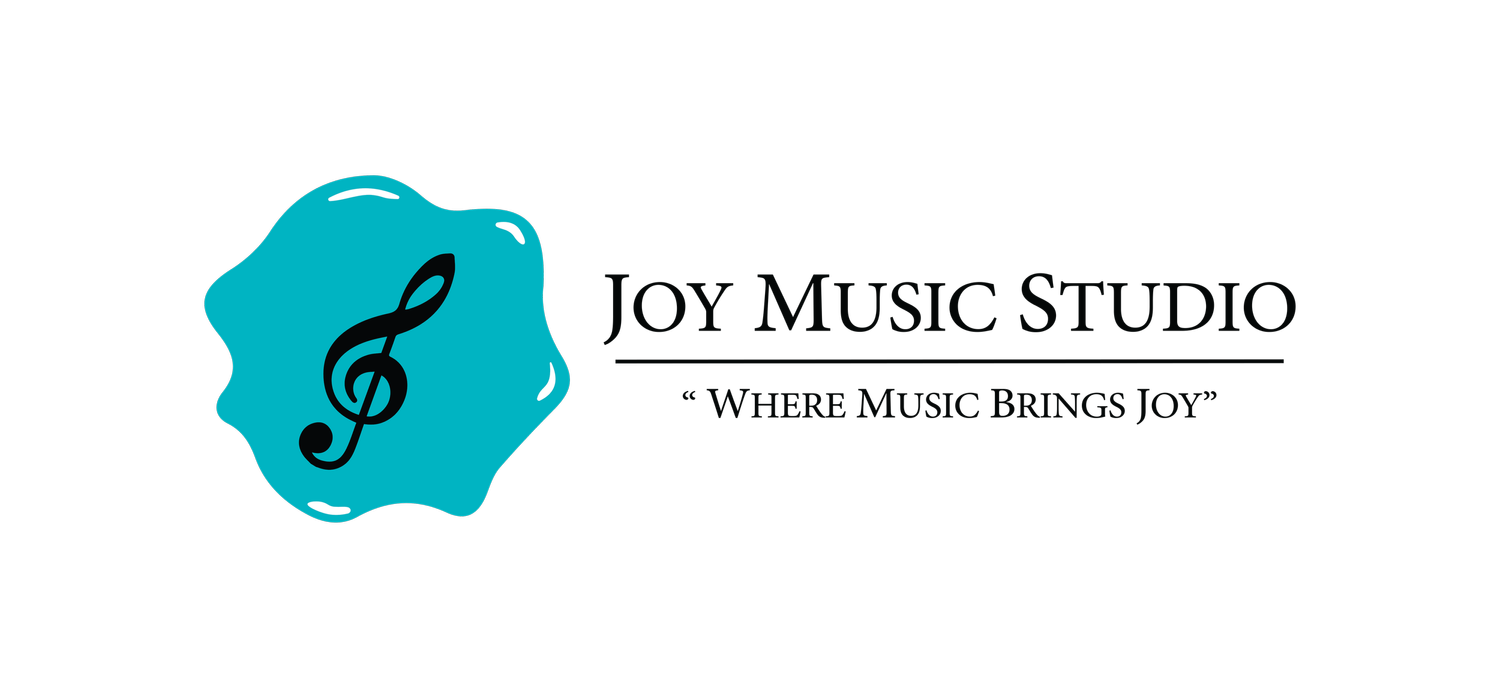At Joy Music Studio in Singapore, we are passionate about music education and understand that basic Music Theory is the foundation for learning many other instruments!
That’s why we offer both individual and group Music Theory lessons for ALL grade levels.
We know that when our students have a strong foundation of Music Theory, they can understand how each instrument is played AND it becomes easier for them to learn new instruments. Reading notes, dynamics, composing, orchestral knowledge, and the evolution of music⎯everything in music becomes easier when you know the basics.
What will you learn in Music Theory Lessons?
In our music school, we use two curriculum options for Music Theory lessons, both of which are internationally recognized: ABRSM Music Theory, and Trinity College London Theory of Music.
Here is an excerpt from the ABRSM Music Theory 2018 syllabus.
Developing musical literacy forms a key part of a rounded education for performers, composers and listeners of all kinds. An understanding of how written symbols relate to the elements of music, and having the skills to interpret and translate them into sounds, empowers us to communicate and experience music in a meaningful way. Music theory is a very practical subject that is completely entwined with performance and composition.
ABRSM’s Music Theory exams give students:
a knowledge of the notation of western music, including commonly used signs and terminology
an understanding of fundamental musical elements such as intervals, keys, scales and chords
an ability to apply theoretical knowledge and understanding to score analysi
skills in harmonic completion of extracts and melody writing (at Grades 6–8)
Candidates are assessed on their ability to identify, use and manipulate musical symbols, to complete extracts and to answer questions relating to the elements of music according to the parameters detailed in the full syllabus at www.abrsm.org/theory
If you have further questions about our Music Theory classes or would like to see an outline of the curriculum, please contact us. We’d be happy to answer all of your questions!


